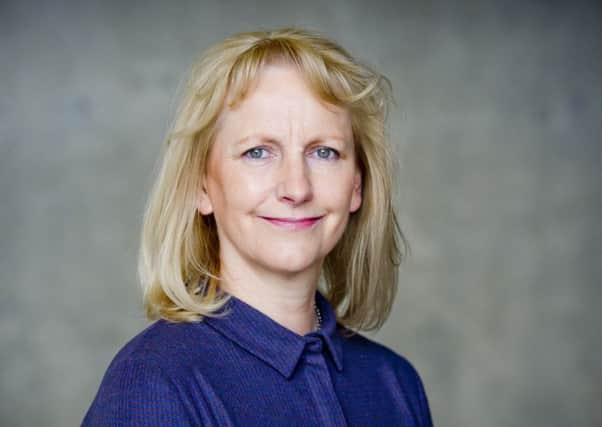Brian Ferguson: BBC Scotland's new boss faces fearsome challenges


Ms MacKinnnon may only have been appointed less than a month ago, but as far as BBC Scotland’s harshest critics are concerned her previous employment there means she is damaged goods. Although she was head of programmes and services at Pacific Quay for several years before taking over from Ken McQuarrie in December, she had a low public profile. Now, suddenly, she has found herself propelled into the spotlight. Although she would have been well aware of the many challenges BBC Scotland faces, she will have an ever better idea of what appears to be the biggest task of all – trying to restore faith and trust among a sizeable chunk of the population.
It is no exaggeration to say that most of BBC Scotland’s critics have an axe to grind because of perceived injustices over its coverage of the 2014 independence referendum. At the heart of these lie a deep-rooted belief that BBC Scotland was guilty of sustained bias – something Pacific Quay has strenuously denied.
Advertisement
Hide AdAdvertisement
Hide AdAt the 2015 Edinburgh International Television Festival, First Minister Nicola Sturgeon went out of her way to distance herself from those claims of institutional bias. She said the BBC’s independence referendum coverage had occasionally lapsed from objective output “into what could seem partial and, at times pejorative”. But she appeared to pin the blame on ill-informed London-based journalists sent north.
The tone was markedly different to her predecessor, Alex Salmond, who claimed that the BBC was instrumental in a “scaremongering campaign” in the run-up to the referendum vote. Frankly, many of those sympathetic with his views will not be happy until BBC Scotland is either closed down or comes under the full control of the Scottish Parliament.
But in the meantime Ms MacKinnon has to do all she can to improve Pacific Quay’s reputation. A key challenge will be tackling levels of distrust among supporters of independence while at the same time striving to improve its output north of the Border. In the short term, this will be trickiest when it comes to deciding on the format and content of any so-called “Scottish Six” programme, which is likely to face intense scrutiny and criticism before it goes on air, as well as competition from a new STV pilot. There seems little point in BBC Scotland overhauling its news and current affairs output if it loses a substantial chunk of its audience.
I cannot help but wonder if the constant wrangling over whether BBC Scotland is biased or not is in danger of distracting from a far more important issue for many of its viewers. Even before she was officially appointed, Ms MacKinnon was going on the record to admit BBC Scotland needed to make more comedy and drama programmes. There is a clear desire within both Pacific Quay and the wider creative sector in Scotland to be producing a lot more shows like Still Game and Shetland, which led the field at last year’s Scottish Baftas.
Central to its ambitions will be securing a much greater share of the licence fee income generated in Scotland. That means making big-budget programmes which can be shown across the entire UK network, like Doctor Who and Sherlock. Can that be achieved against a backdrop of bitterness and bile? I’m not so sure.